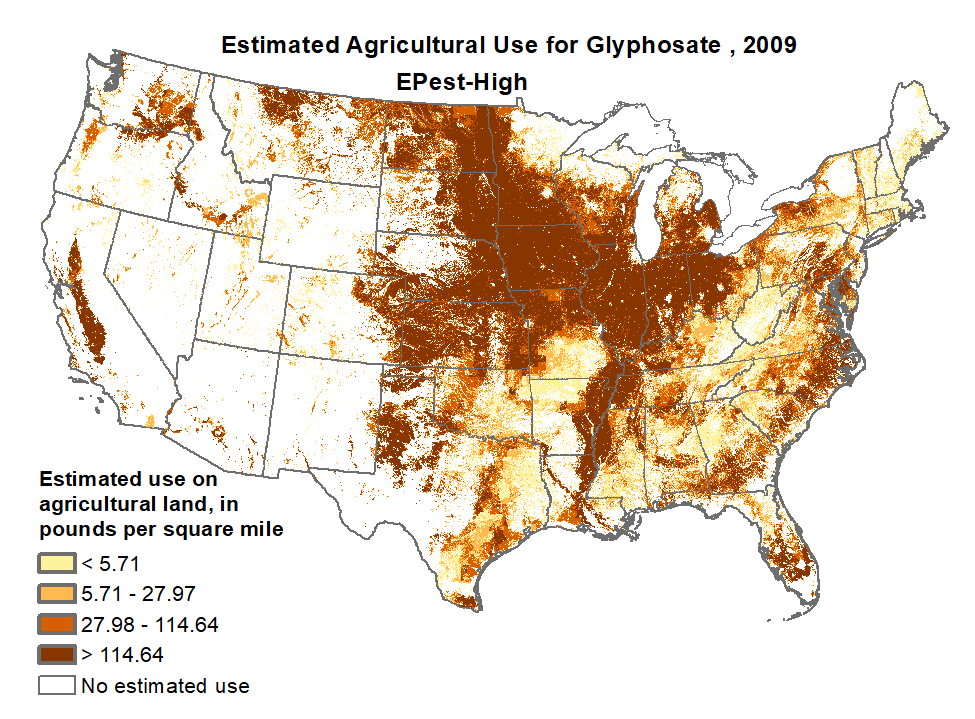A survey of Midwest landowners will help policymakers find ways to further incentivize conservation of wetlands and grasslands in the Prairie Pothole Region, according to Larry Gigliotti, assistant unit leader for the U.S. Geological Survey’s South Dakota Cooperative Fish and Wildlife Research Unit. [Brookings Register]
Note the proposed area's proximity to an expanded Powder River Training Complex.
Traci Bruckner is Senior Associate for Agriculture and Conservation Policy at the Center for Rural Affairs. She recently wrote in the Lincoln Journal Star:
Senate legislation reattaches conservation compliance to crop insurance subsidies and provides Sodsaver protections to native prairie nationally. For four years on newly broken land, the Senate prohibits farm program payments, reduces crop insurance subsidies and limits coverage to 65 percent of county average yield, disallowing yield substitution from high producing land to newly broken acres. Rep. Kristi Noem (R-S.D.), a farm bill conferee, and Rep. Jeff Fortenberry (R-Neb.) pushed for national Sodsaver protection. The House only applied it to the Prairie Pothole region, despite research showing that 54,000 Nebraska cropland acres were newly broken in 2012 -- the highest among all states, but outside the Pothole region. The Senate's Sodsaver provision must win the day.Bob Inglis is a conservative Republican former US House member who once doubted the Anthropocene. After he looked at the research, changed his mind and decided to speak out, he was mocked by people in his own party then trounced in 2010 by a Tea Party-backed candidate.
Rep. Kristi Noem (earth hater-SD) having pocketed subsidies is now cutting aid to the poorest, so it should come as no surprise that she's not the only hypocrite in her party.
The US Fish and Wildlife Service is my new west hero. They are standing up to Earth-hating lobby interests pushing governors to question Endangered Species protections for keystone and apex species.
In cooperation with local chapters, the Audubon National Wildlife Refuge will become part of a proposed two million acre regional complex of wetlands and grasslands toward an ultimate goal of 12 million acres:
The U.S. Fish and Wildlife Service is proposing to work with private landowners to accelerate the conservation of native prairie, consisting of both wetland and grassland habitats, within the Prairie Pothole Region in the eastern portions of North Dakota, South Dakota, and Montana. The proposed Dakota Grassland Conservation Area (Dakota Grassland) is part of a landscape-scale, strategic habitat conservation effort to conserve populations of migratory birds by protecting the unique, highly diverse, and endangered ecosystem known as the Prairie Pothole Region. To do this, the Service will develop a Land Protection Plan and associated environmental analysis to describe the proposed action.Exactly. Public comment is encouraged at these meetings.
Why is Prairie Pothole region at risk? http://t.co/eUp2dk5iK1 #ConserveThePrairies pic.twitter.com/XRyXG7r7FI
— USFWS Refuge System (@USFWSRefuges) March 27, 2014
Did you know that #streams & #wetlands make up the majority of our waters? http://t.co/obuwKb9CDE
— U.S. EPA Water (@EPAwater) May 31, 2014


No comments:
Post a Comment